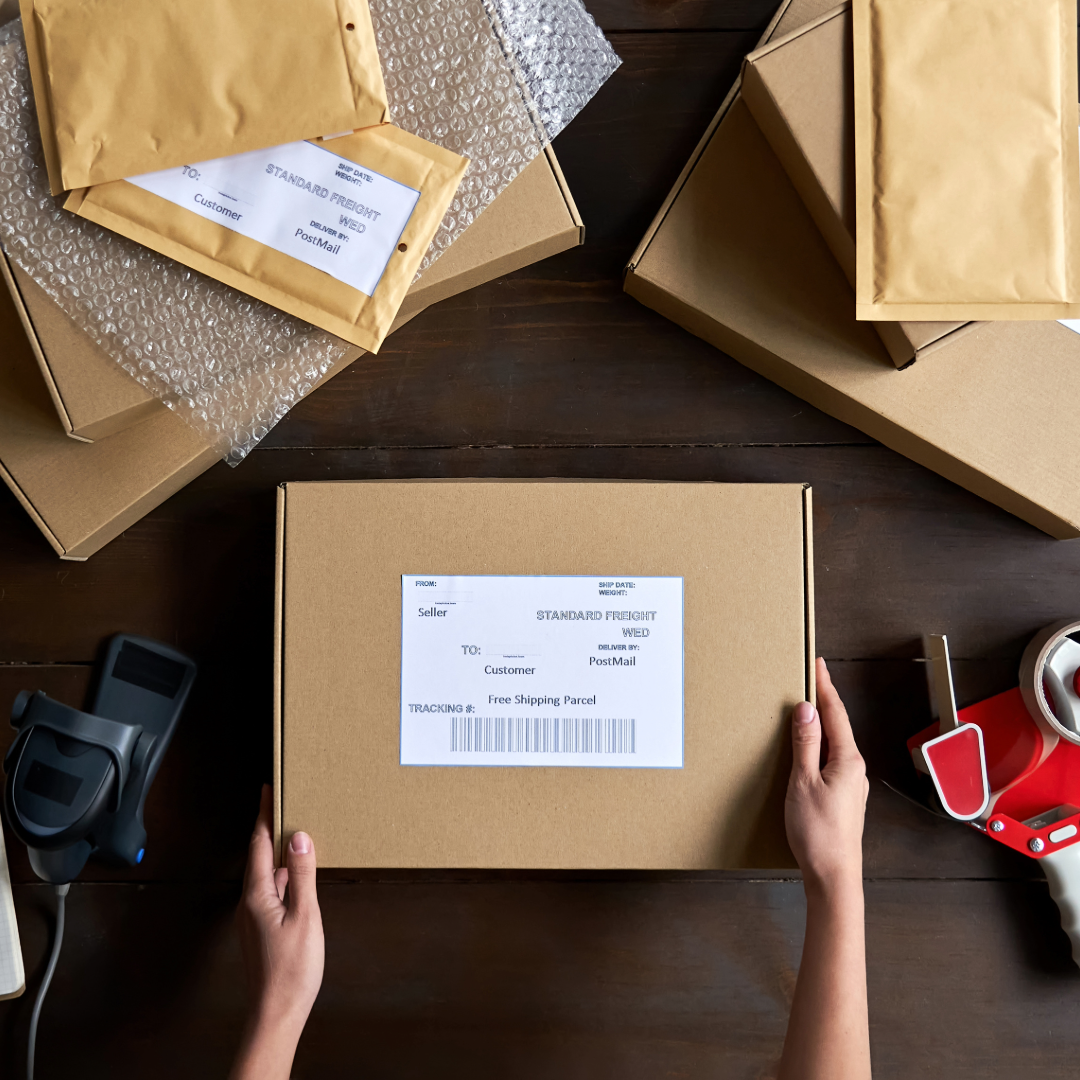E-Commerce Made Easy: How to Import Safely and Compliantly

E-commerce has transformed the way small businesses and online sellers operate, allowing them to source products from marketplaces across the globe. But while buying internationally may seem simple, importing these goods into Australia comes with a complex set of rules and regulations. Without careful preparation, e-commerce customs clearance can quickly become a costly and stressful process.
Whether you’re a small business sourcing stock for your online store, a reseller of niche products, or an individual selling internationally, understanding the rules around e-commerce imports is essential. At Australian Customs Clearance, we help businesses navigate these complexities so shipments arrive on time and fully compliant.
Common Pitfalls with E-Commerce Customs Clearance
Even experienced sellers can run into trouble when importing goods, especially if they are unfamiliar with Australian customs requirements:
- Incorrect Customs Declarations – Misclassifying products or providing incomplete documentation can lead to underpayment of duties, delays, or penalties.
- Undeclared or Mislabelled Items – Simple mistakes, such as missing country-of-origin details, inaccurate product descriptions, or overlooked packaging requirements, can result in fines or rejected shipments.
- Biosecurity Risks – Items containing plant-based materials, textiles, or food can carry pests, bacteria, or contaminants. Such goods often require treatment, permits, or certification before entry to prevent biosecurity threats.
- Unexpected Fees and Charges – Import processing charges, GST, and customs duties can quickly add up if the product classification or value is incorrect.
Why Customs Compliance Matters
Non-compliance can have serious consequences for small businesses:
- Border Delays – Shipments can be held for inspections or verification, impacting delivery times.
- Additional Costs – Goods may need re-inspection, treatment, or even re-exportation.
- Legal and Financial Risks – Severe breaches can result in fines, seizure, or destruction of goods, and harm a company’s reputation.
By understanding compliance requirements and working with a reputable customs clearance company, e-commerce sellers can avoid these pitfalls, protect their supply chain, and maintain customer trust.
Practical Tips for E-Commerce Importers
- Always check the BICON system to understand biosecurity requirements for your products.
- Ensure accurate labeling and product descriptions to avoid customs complications.
- Keep detailed records of purchase invoices, shipping documents, and supplier certifications.
- Work with a licensed customs broker or ATT-accredited partner to streamline clearance and reduce risk.
Partnering With You for Smooth Imports
Navigating e-commerce imports doesn’t have to be overwhelming. At Australian Customs Clearance, we work alongside you to simplify every step of the e-commerce customs clearnace process, from understanding biosecurity rules to completing accurate customs declarations. With customs brokers based across Australia - from Brisbane to Perth - our team provides tailored guidance, practical solutions, and proactive advice, helping your shipments reach Australia safely, on time, and fully compliant.
Call us today on 1300 287 257 for help with all of your e-commerce customs clearance needs.







